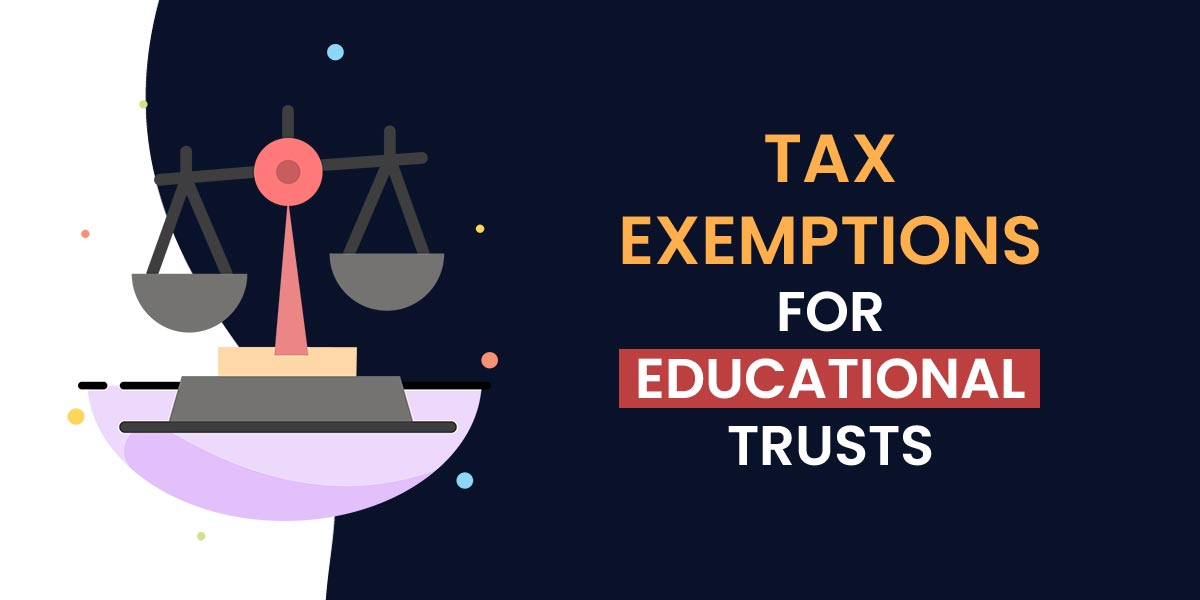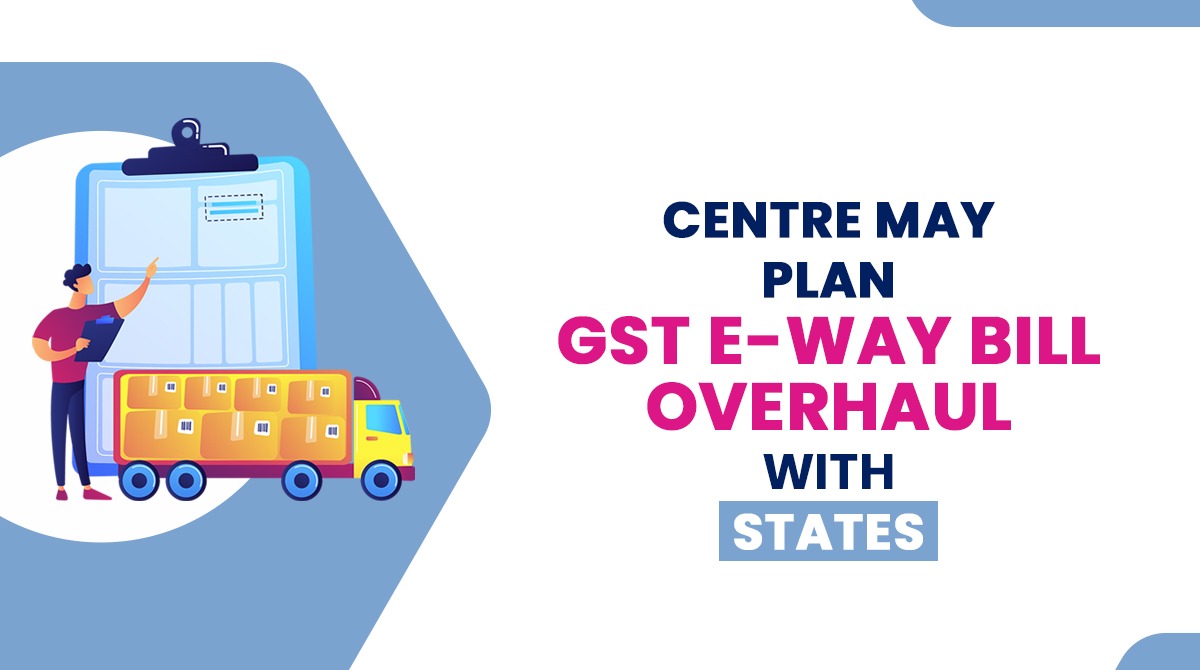
Apex court, under the income tax act, if the educational trusts or societies make a profit then the same shall not be entitled to claim for the exemption.
The bench of Chief Justice of India UU Lalit, Justices S Ravindra Bhat, and PS Narasimha mentioned that these educational trusts or societies must only be related to education or the activities concerned with the education under Section 10(23C) of the Income Tax Act.
Under the section, any university or other educational institution that is concerned with educational purposes only but does not have any purpose to make a profit i.e wholly or substantially financed via the Government shall be entitled to tax exemption under the mentioned section.
“Our Constitution reflects a value which equates education with charity. That it is to be treated as neither business, trade, nor commerce, has been declared by the pronouncement of this very court,” the court articulated.
This order gets arrived post to the educational trusts approach Apex court against the Andhra Pradesh High court order.
Read Also: 12 Eligible Expenditures for Assessee’s Tax Exemption List
The High court order mentioned that the trusts that were in question does not mean to be created only for education and were not qualified to claim exemption beneath the act.
The court concluded that:
- All the objects of society, trust, and others should be concerned to provide education or in association with the activities of the education to get entitled to the exemption.
- The purpose of the institution seems to make a profit and these institutions will not be qualified for approval under Section 10(23C) of the IT Act.
- The seventh proviso to Section 10(23C), and Section 11(4A) is concerned with profits that might be earned via charitable institutions. In the current case that would be applied to those institutes that furnish education or are being involved in such activities related to education.
- The reference to ‘business’ and ‘profits’ in the seventh proviso to Section 10(23C) and Section 11(4A) only rendered that the profits of the business would be incidental to the educational activity as mentioned in the former portion of the judgment concerned to the education like the textbook sale, furnishing the school bus utilities, hostel facilities, and others.
- Acknowledging the applications towards approval under section 10(23C), the commissioner under the case might be under the second proviso and would not be liable to investigate the objects of the institution. For revealing the reality of the institutions and the way they do their operations, the commissioner or the other heads would ask for the audited accounts or the additional documents related to it for the recording of the satisfaction in the society, trust, or institution that asks to accomplish the objects who considered it.
- The same ruled that wherever registration of trusts or charities is statutory beneath the state or the local laws the related trust, society, and other institutions or others that ask for approval under section 10(23C) must indeed follow the provisions of the same state regulations. It makes the commissioner find out the reality of the trust, society, and others.
The above order shall be applied prospectively, the court articulated.









